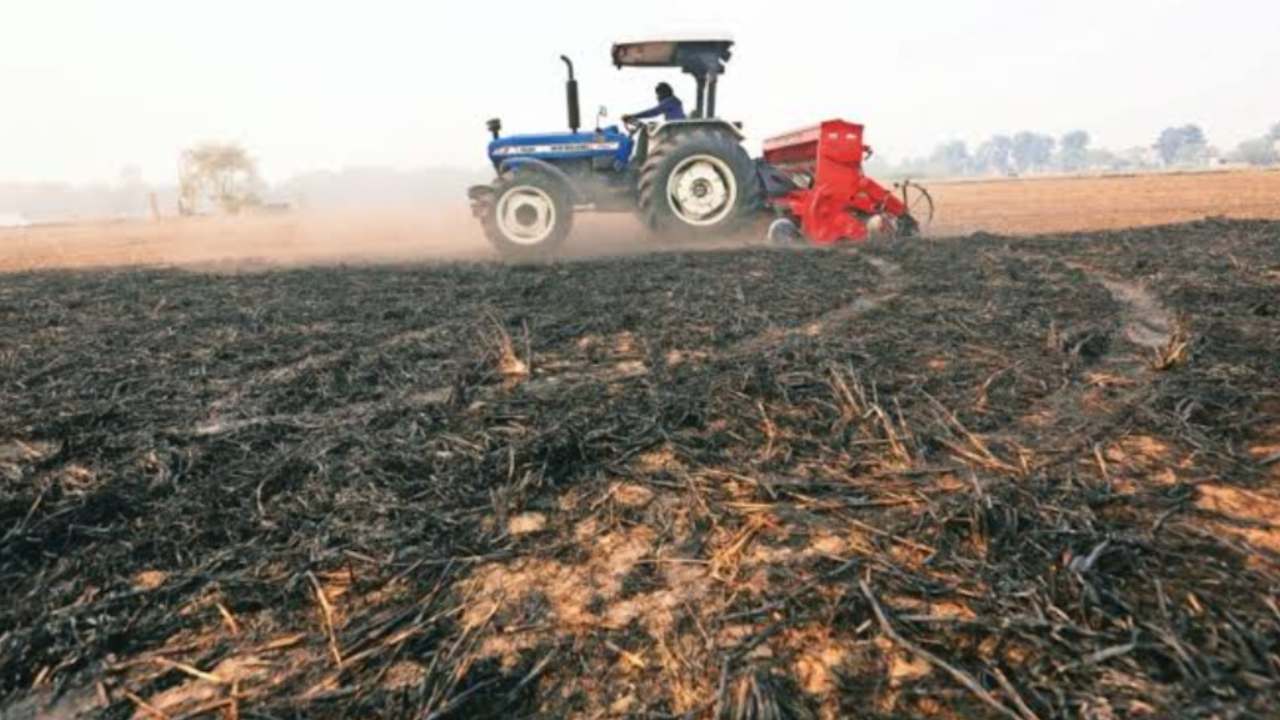The Indian government is set to introduce a framework aimed at promoting climate-resilient agriculture in 50,000 villages located in climatically vulnerable districts.
This initiative aims to support farmers in adapting to climate challenges through measures such as drought-resistant crops and sustainable farming practices.
The Indian Ministry of Agriculture and Farmers’ Welfare is preparing to launch a national programme on climate-resilient agriculture as part of its 100-day agenda.
This initiative aims to introduce climate-resilient crop varieties in 50,000 villages located in climatically vulnerable districts.
The Indian Council of Agricultural Research has developed over 2,000 such varieties, including those tolerant to abiotic and biotic stresses, to enhance food production in these regions.
The proposal for this programme is expected to be approved by the Union Cabinet soon.
As the details are still being finalized, the framework for the climate-resilient agriculture programme is expected to include several measures. These could involve promoting crops that require less water, conserving local water sources, and monitoring fertilizer usage to enhance sustainability in the targeted areas.
These initiatives aim to mitigate climate risks and improve agricultural resilience in vulnerable districts across India.
According to the source, officials will choose 50,000 villages from 310 districts already identified as climatically vulnerable. These districts span 27 states, with Uttar Pradesh having the highest number of districts (48), followed by Rajasthan (27). This selection process aims to target areas most in need of support for climate-resilient agriculture initiatives across India.
“The focus will be on these 310 districts,” the source said.
According to the source, the climate-resilient agriculture initiative is planned to span five years, primarily funded through convergence with existing schemes.
Additionally, the Agriculture Ministry intends to introduce a voluntary carbon market project aimed at promoting sustainable agricultural practices.
These efforts aim to enhance agricultural resilience and sustainability while leveraging existing resources and exploring new avenues for funding and support.



































